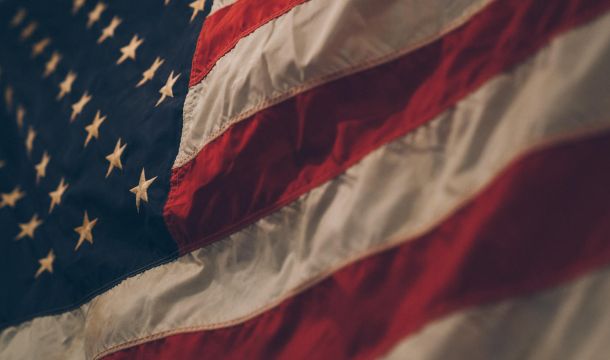Now that the Biden administration has implemented its plan to officially end both the national emergency and public health emergency on May 11, private employers are contemplating what to do with existing COVID-19 policies and protocols. Employers who are not subject to a federal vaccine mandate or state or local laws restricting mandatory vaccination can still require COVID-19 vaccination as a condition of employment. Any employer who requires vaccination must provide reasonable accommodations for employees who are unvaccinated because of a disability or sincerely held religious belief, practice or observance. Whether an employer should voluntarily continue to mandate vaccination as a condition of employment is an entirely different - and much more complex - question that requires weighing legal and business considerations. The end of the COVID-19 emergencies may also prompt employers to rethink other COVID-19-related policies still in place, such as mandatory masking, social distancing, contact tracing and pre-visit questionnaires.
The end of the national emergency and public health emergency will also affect the extension of enrollment deadlines for health and welfare plans and mandatory employer coverage of COVID-19 testing and services without cost sharing to employees. As the emergencies expire, however, employers will no longer be required to pay for COVID-19 testing, and COVID-19 vaccines will be treated like other preventive services such as cholesterol and blood pressure screenings, annual physicals and routine eye exams, which are only covered when delivered by an in-network provider.
A special enrollment provision in place during the pandemic gave employees extended time, up to a year, to enroll or update enrollment in health care plans due to life events such as losing coverage, getting married or having children. However, the special enrollment provision is set to end July 10, along with a similar pandemic-era rule giving employees additional time to pay Consolidated Omnibus Budget Reconciliation Act premiums and decide whether to use COBRA coverage.
Considerations for Employers
Employers should review their current COVID-19 policies, protocols and benefits and determine what, if any, changes need to be made. One of the top things employers may consider is whether they will continue covering the full cost of COVID-19 testing and vaccines for employees, limit or restrict coverage in some way, such as limiting covered testing to in-network providers, or stop paying for testing and out-of-network vaccines altogether. Employers making changes to covered COVID-19 benefits or policies will also want to consider and decide when to implement these changes. Employers may implement changes immediately upon the official end of the public health emergency or wait until Jan. 1 or the start of their plan year.
Outside of testing and vaccinations, employers should also consider planning for the end of special provisions allowing employees more time to enroll in health plans and pay COBRA premiums. Employers above all should consider actively communicating with employees about any anticipated changes to existing policies and benefits in connection with the end of the emergencies, and how such changes may affect them.
In a related development, the U.S. Department of Homeland Security (DHS) and U.S. Immigration and Customs Enforcement (ICE) announced on May 4, 2023 that employers would have thirty (30) days to reach compliance for Form I-9 requirements after the COVID-19 Flexibility sunset on July 31, 2023. This means that all required physical inspection of identity and employment eligibility documents should be completed by August 30, 2023. If an employer has not been using an in-person review of such documents for completion of the I-9 form, they are required to go back and do an in-person verification of those documents and thereafter make a notation on the I-9 form indicating "Documents Physically Examined" and the date.
This article is part of our June 2023 Newsletter.
View newsletter online
Download the newsletter as a PDF
Related Content
Get Email Updates

TPS Update (as of 2/6/2026)

Job Interviews Can Be a Good Selection Device

Suggestions on How to Diffuse a Tense Situation

Employers Blame Unions for Recent Shutdowns

$27 Million Verdict against Employer on Disability Discrimination over Refusal to Return Employee to Work



